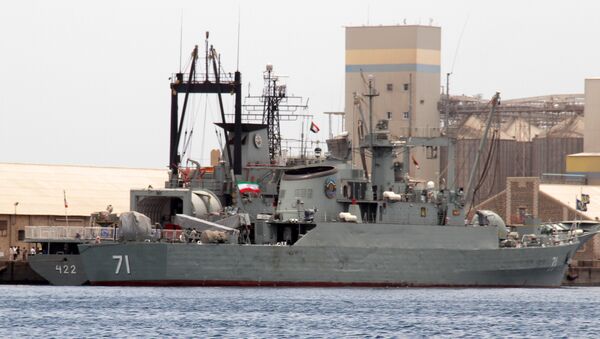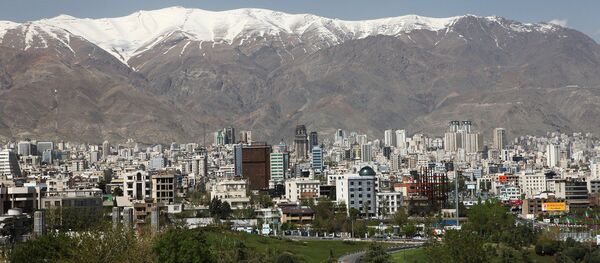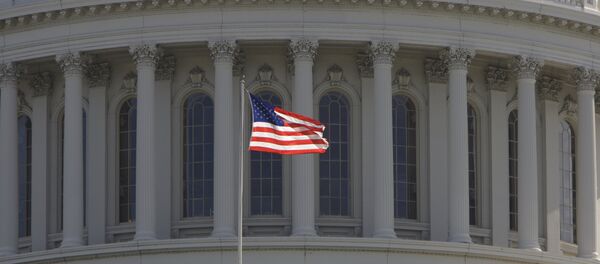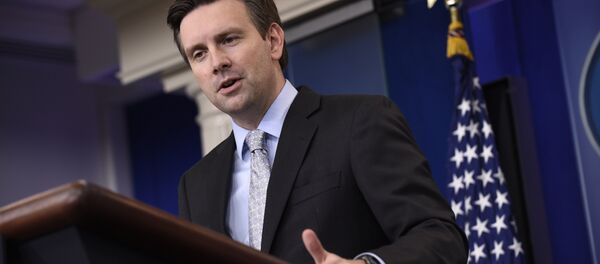Earlier, Rouhani threatened Washington with retaliation if President Barack Obama signed the law on the extension of sanctions against Tehran. In November, US House of Representatives passed a bill to extend anti-Iranian sanctions for 10 years. On December 1, the bill was approved by Senate.
In response, Iranian Foreign Minister Javad Zarif threatened the suspension of the nuclear deal.
Iran and the six international mediators reached on July 14, 2015 a historic agreement on the settlement of the long-term Iranian nuclear problem. A Joint Comprehensive Plan of Action (JCPOA) was adopted, the implementation of which removes the previously imposed economic and financial sanctions by the UN Security Council, the US and the European Union from Iran. The plan came into effect on January 16.
"There is the Iran nuclear agreement itself. And there is also a Joint Comprehensive Plan of Action which was signed later. Moreover, there is, as the Americans call it, a gentleman’s agreement or unspoken agreement on certain measures labeled as the 'spirit' of the JCPOA," Abshenass told Sputnik Persian.
He argued that according to the initial deal, Iran is not banned from developing nuclear propulsion units for ships and submarines.
Abshenass underscored that at the same time the US violated the gentleman’s agreement, particularly in relation to the removal of sanctions.
"Washington openly violated these agreements, including as for the s-called D’Amato bill [a 1996 act on sanctions against Iran]. Moreover, they have decided to extend the sanctions. The White House said that the extension of sanctions was not related to the JCPOA. They were right, but the gentleman’s agreement presumed that the US would lift those restrictions," he explained.
As a result, Tehran has decided to act only in accordance with the JCPOA.
He stressed that Iran is not withdrawing from the deal on its nuclear program.
"Iran observes the provisions of the deal and will continue to do that. When Washington begins to observe the gentleman’s agreement Tehran will reconsider its stance [in relation to developing nuclear propulsion units]," the expert said.
According to Abshenass, over the past year and a half, Iran has fulfilled all its obligations under the nuclear deal.
"But the US has not fulfilled their obligations. Washington continues to block the return of Iranian assets frozen in international banks. In fact, we’re witnessing a violation of the deal by the US," he concluded.
Never miss a story again — sign up to our Telegram channel and we'll keep you up to speed!






